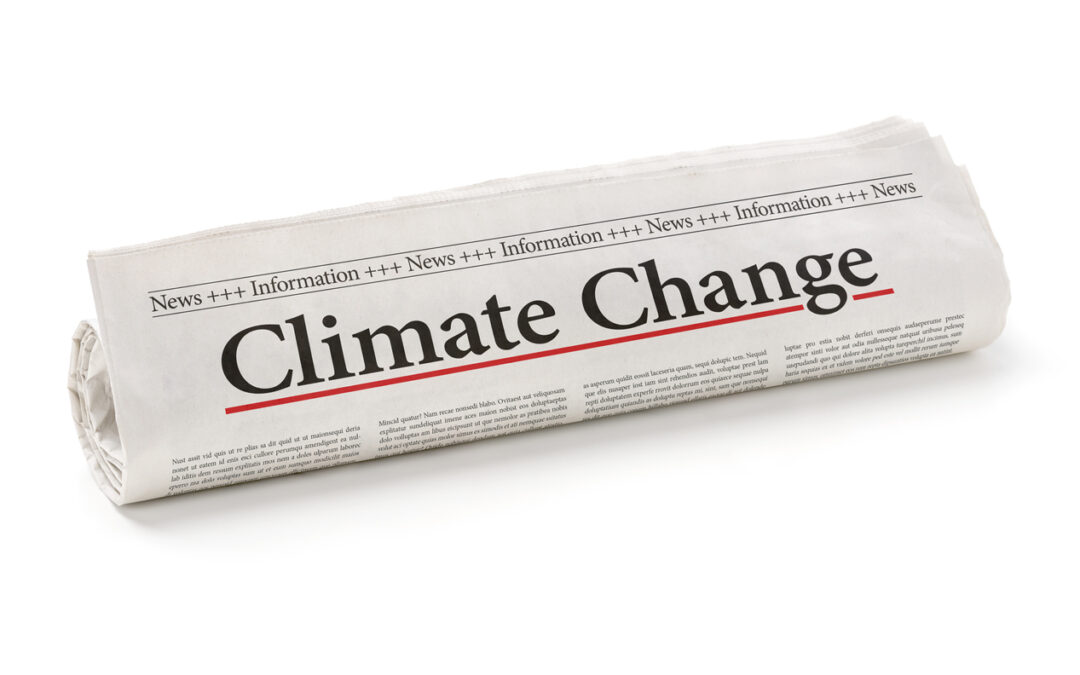A (non-comprehensive) list of interesting and relevant climate change, climate policy, and environmental justice stories.
Nations strike deal at COP28 to transition away from fossil fuels. Representatives from nearly 200 countries agreed at the COP28 climate summit on Wednesday to begin reducing global consumption of fossil fuels to avert the worst of climate change, signaling the eventual end of the oil age. (read the full story here)
In a First, Nations at Climate Summit Agree to Move Away From Fossil Fuels. Nearly 200 countries convened by the United Nations approved a milestone plan to ramp up renewable energy and transition away from coal, oil and gas. (read the full story here)
The New Global Climate Deal Is Mostly Hot Air. The world’s leaders formally committed Wednesday to “transitioning away from fossil fuels.” In the 28 years since the United Nations began holding annual summits on climate change, the global community had never before explicitly agreed to ditch dinosaur juice. Previously, many oil-rich nations had pledged to reduce carbon emissions, but not fossil-fuel use or production. Now, Saudi Arabia, the UAE, and others have agreed that the world should accelerate a global shift away from oil, gas, and coal in a “just, orderly, and equitable manner” over the coming decade. (read the full story here)
Arctic “report card” points to rapid and dramatic impacts of climate change. This past summer in the Arctic was the warmest since 1900, contributing to disasters across the wider region, including flooding in Juneau, Alaska and a record wildfire season in Canada. (read the full story here)
Black voters are more concerned about climate change than the national average, with implications for policy and messaging. In the U.S., climate change is one of the most politically divisive electoral issues. A recent survey revealed that only a slight majority of Americans, fluctuating around 54% since 2016, consider climate change a significant threat. That’s surprisingly low considering the frequency and severity of climate impacts in the U.S., with 71% of Americans reporting that their community had experienced extreme weather in 2022. (read the full story here)
Spread in climate policy scenarios unraveled. Analysis of climate policy scenarios has become an important tool for identifying mitigation strategies, as shown in the latest Intergovernmental Panel on Climate Change Working Group III report. The key outcomes of these scenarios differ substantially not only because of model and climate target differences but also because of different assumptions on behavioral, technological and socio-economic developments (read the full story here)
Nine breakthroughs for climate and nature in 2023 you may have missed. In a tumultuous year, the positive milestones for the climate and nature might well have gone under your radar. Future Planet rounds up nine quiet wins of the year, plus one much louder one. (read the full story here)
COP28: Can climate justice and climate technology be compatible? Stanford co-organized an official side event at the UN climate talks focused on how to accelerate the climate transition while prioritizing community engagement and development. (read the full story here)
Virginia Tech researchers have discovered limitations in ChatGPT’s capacity to provide location-specific information about environmental justice issues. Their findings, published in the journal Telematics and Informatics, suggest the potential for geographic biases existing in current generative artificial intelligence (AI) models. (read the full story here)
Comment Writer Harry Grace argues how the recent heat waves affecting Europe have shown just the beginning of continent-wide environmental injustices. (read the full story here)

